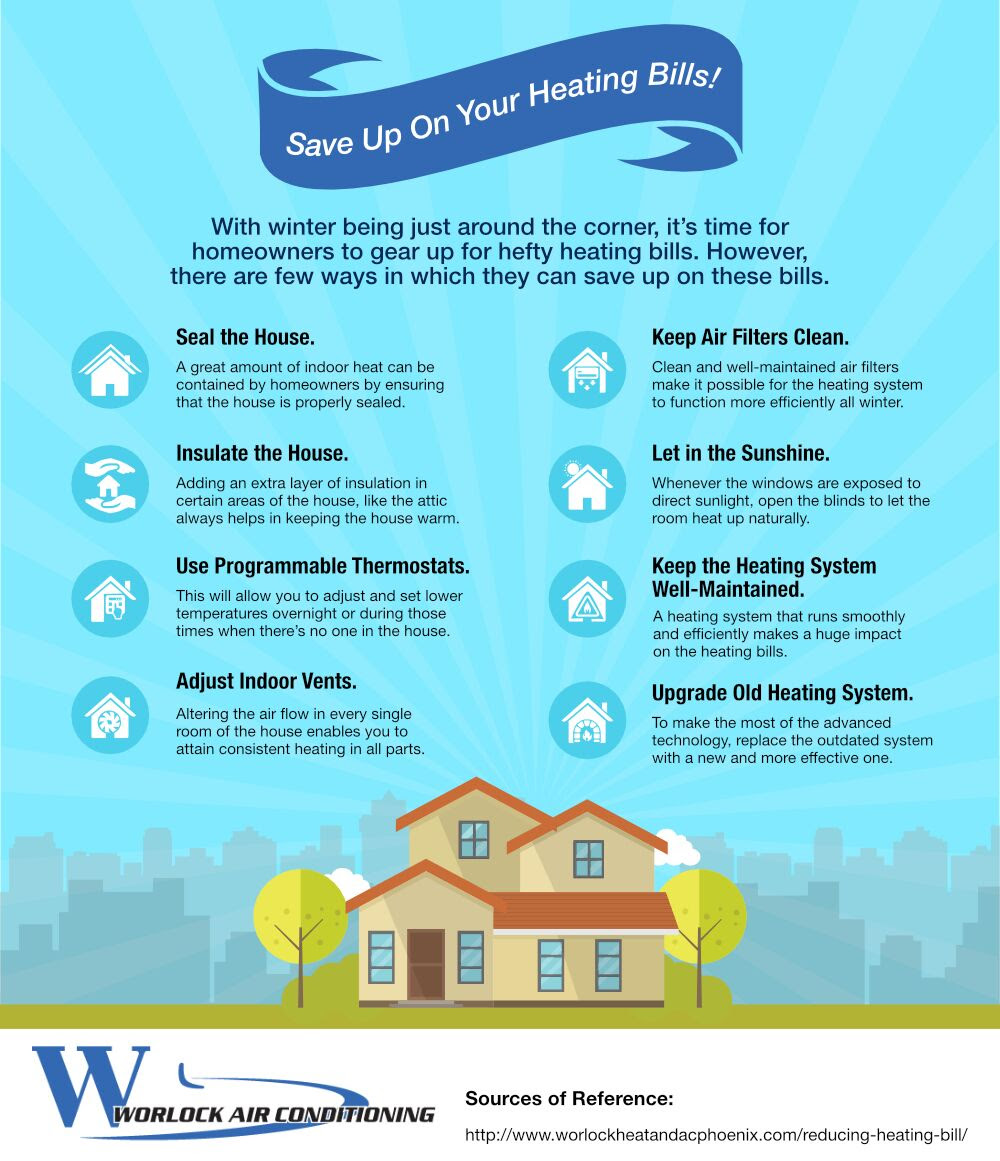Heatpump Vs Heater - Which Is The Better Heating Option For Your Home?
Heatpump Vs Heater - Which Is The Better Heating Option For Your Home?
Blog Article
Web Content Author-Pearson Blackwell
Numerous home owners are familiar with furnaces, which warm homes with oil or natural gas and push hot air through ductwork. They are fairly inexpensive and can supply trusted home heating even during a winter power failure.
Nevertheless, they utilize nonrenewable fuel sources and generate carbon monoxide gas and various other air pollution. They also aren't as energy-efficient as a high-efficiency heatpump.
Price
Normally, heat pumps are extra budget friendly to operate than heating systems. They usually use electricity and refrigerant to essence warm from outdoor air, and after that transfer it into your home. You can make use of less expensive electrical power prices during off-peak hours to further reduce your home heating expenses.
Unlike heatpump, gas or wood-burning heating systems use burning to create warmth, emitting flue gases into the ambience that can be harmful to your health. These heating systems are also much less energy-efficient than heat pumps, and their greater operating expense can build up with time.
Heaters are more challenging than heat pumps and call for routine maintenance to guarantee the appropriate feature of all parts. Regardless of this, they tend to last longer than heat pumps with a common life expectancy of 20 years or more. However, you'll need to factor in the price of gas, gas oil or timber and the additional devices needed for installation and operation such as air ducts and air flow systems.
Energy Effectiveness
Heat pumps have a greater energy effectiveness ranking than heaters. These systems utilize electricity to scavenge warm from the air, even in freezing temperatures. They can likewise get rid of excess warm from the home throughout warmer months and reuse it to cool down the system. Provider specialists can help you determine the most effective design for your home based on climate and resource energy prices.
Heating https://ktvz.com/community/community-billboard/2021/06/23/pacific-power-offers-tips-to-stay-cool-safe-during-expected-record-heat-wave/ burn fuel oil, gas, natural gas or various other kinds of nonrenewable fuel source to heat up the air in the home. This air is then distributed via ductwork utilizing a big follower. Furnaces generate greenhouse gases and need routine upkeep and equipment upgrades to guarantee secure operation.
The largest benefit of a heater is that it can be run even in rough winter months conditions due to the fact that it does not rely on exterior temperatures to warm the air. Heaters likewise have a longer life expectancy than heatpump and typically last 15 years. They can additionally be paired with double gas alternatives, which choose the most effective home heating option based on the weather condition.
Climate
Heat pumps work well in modest environments and utilize less source energy than furnaces. However, if your area is extremely chilly, you might require to buy a standard gas heater rather.
Furnaces offer cozy, comfortable warm and generally supply fast heating to raise indoor temperatures. These systems can be used with a variety of fuel kinds, consisting of natural gas, gas, oil or electrical power.
They eat extra power than heat pumps-- approximately 3x as much-- and call for ductwork that's costly to install or retrofit. They're also a lot more pricey to maintain, as they can create air top quality problems and create greenhouse gas emissions.
If you're dedicated to reducing your carbon footprint, a heat pump is a good option for your home. They have less greenhouse gas discharges than heaters, specifically if you select a power STAR ® heat pump. Your regional Service provider professional can describe the differences in between these two furnace and assist you make the best decision for your unique requirements.
Personal Preferences
Furnaces can be extremely energy effective when powered by natural gas, propane or oil, however they aren't as energy effective as heat pumps in icy environments. They can additionally be much more costly to mount, requiring gas lines and air flow systems.
Nevertheless, heating systems tend to call for less maintenance, which can cause reduced recurring expenses. They produce less greenhouse gases and are extra reliable than heat pumps during extreme weather.
Electric heat pumps are a lot more functional in developing interior convenience because they can also act as a/c during warmer months. They can be more convenient to maintain, calling for just routine air filter adjustments and periodic vacuuming.
If you favor the ease of a solitary system that does it all, think about a crossbreed heating option that pairs a heater with an electrical heatpump. see post can instantly switch between both heating choices based upon your home's demands and temperature level problems, taking full advantage of efficiency and financial savings.